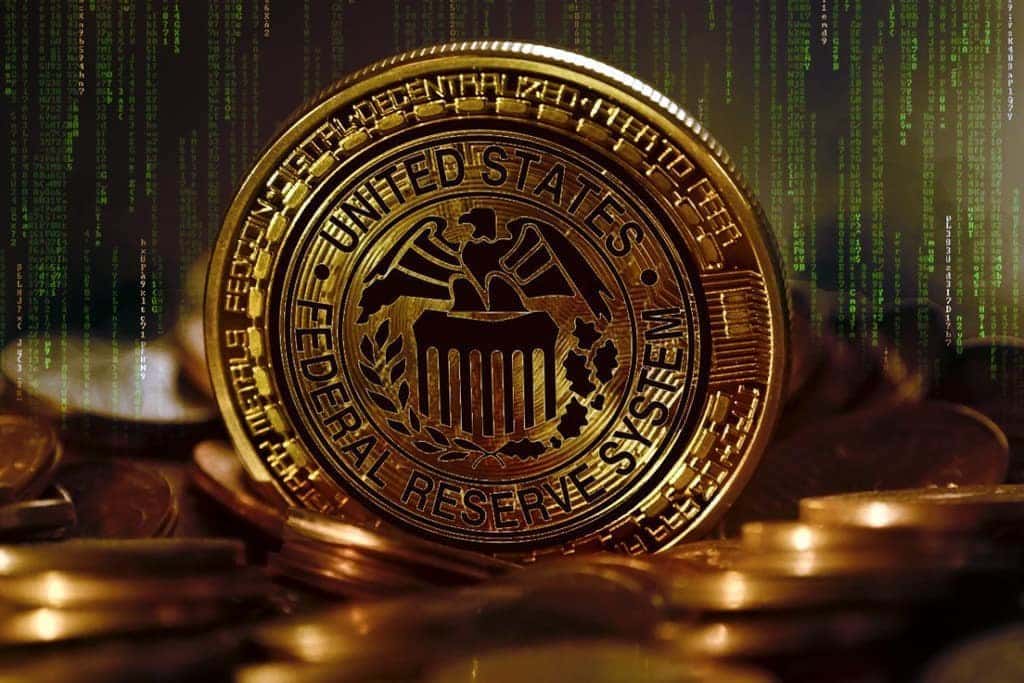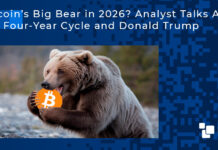 In his recent statements, FED member Christopher Waller reiterated his opposition to the launch of a digital currency in the United States, pointing to the role of the private sector in financial innovation.
In his recent statements, FED member Christopher Waller reiterated his opposition to the launch of a digital currency in the United States, pointing to the role of the private sector in financial innovation.
Waller said the Fed must manage financial stability risks while supporting technological advances. He noted the Fed’s commitment to improving the efficiency and security of the payment system, and that he believes this will benefit American households, businesses and the broader economy.
Waller also touched on stablecoins, describing them as a “synthetic dollar” with potential benefits for the financial system. However, he warned of potential risks, particularly the threat of bank runs, and said strong regulation is needed to ensure stability as these assets develop.
Fed member Thomas Barkin offered a separate optimistic view of the U.S. economy. Speaking at the Baltimore Joint Summit, Barkin argued that the strength of the economy gives the Fed more flexibility in managing borrowing costs. “A strong but more selective consumer, combined with a more productive and higher-value workforce, makes for a very good economic situation,” Barkin said. He said that while interest rates have retreated from their recent peaks, they remain above historic lows, giving the Fed room to respond as economic conditions change.
Barkin outlined two possible economic scenarios: In one, as election uncertainty recedes, companies reinvest and hire more, which could allow the Fed to focus on inflation risks. Alternatively, firms could reduce hiring to counteract diminished pricing power, increasing business risks that could affect the Fed’s future decisions on rate adjustments.
Source:en.bitcoinsistemi.com




